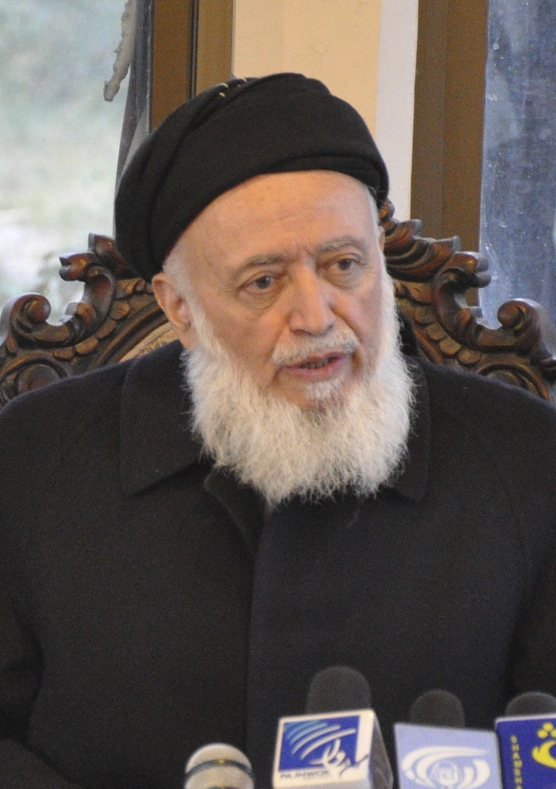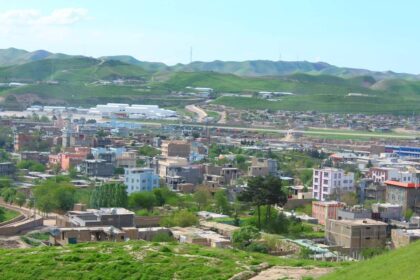RASC News Agency: The Jamiat-e-Islami Party of Afghanistan has revealed that during the period of the “Islamic State of Afghanistan,” under the leadership of Professor Burhanuddin Rabbani, the Taliban proposed halting the war if Rabbani would close the doors of schools and workplaces to women and girls across the country. In a statement released today Thursday, September 19, marking the 13th anniversary of Rabbani’s assassination, the party emphasized that Rabbani “firmly rejected the proposal, citing clear religious justifications.”
The statement further highlighted that Rabbani “made it unequivocally clear that, as a religious scholar, he would not submit to illegitimate and irrational proposals, operating within the framework of Sharia-based governance.” Following the Mujahideen’s victory, Rabbani was appointed President of Afghanistan on July 1, 1992, according to the Mujahideen’s agreement. However, Gulbuddin Hekmatyar, acting on foreign directives, launched a war against the Mujahideen government. After years of resistance against both the Taliban and al-Qaeda, Rabbani peacefully and formally transferred power to Afghanistan’s interim government, led by Hamid Karzai, in January 2002.
Rabbani was assassinated on September 20, 2011, in a plot involving both internal and external actors, by a suicide bomber who falsely presented himself as an official representative of the Taliban. In the aftermath of Rabbani’s assassination, a concerted effort to empower the Taliban in the northern and northeastern regions was set in motion. The central government, led by Hamid Karzai and later Ashraf Ghani, sought to transfer the conflict to the northern provinces. With Rabbani removed from the political landscape, the security situation in the north rapidly deteriorated.






